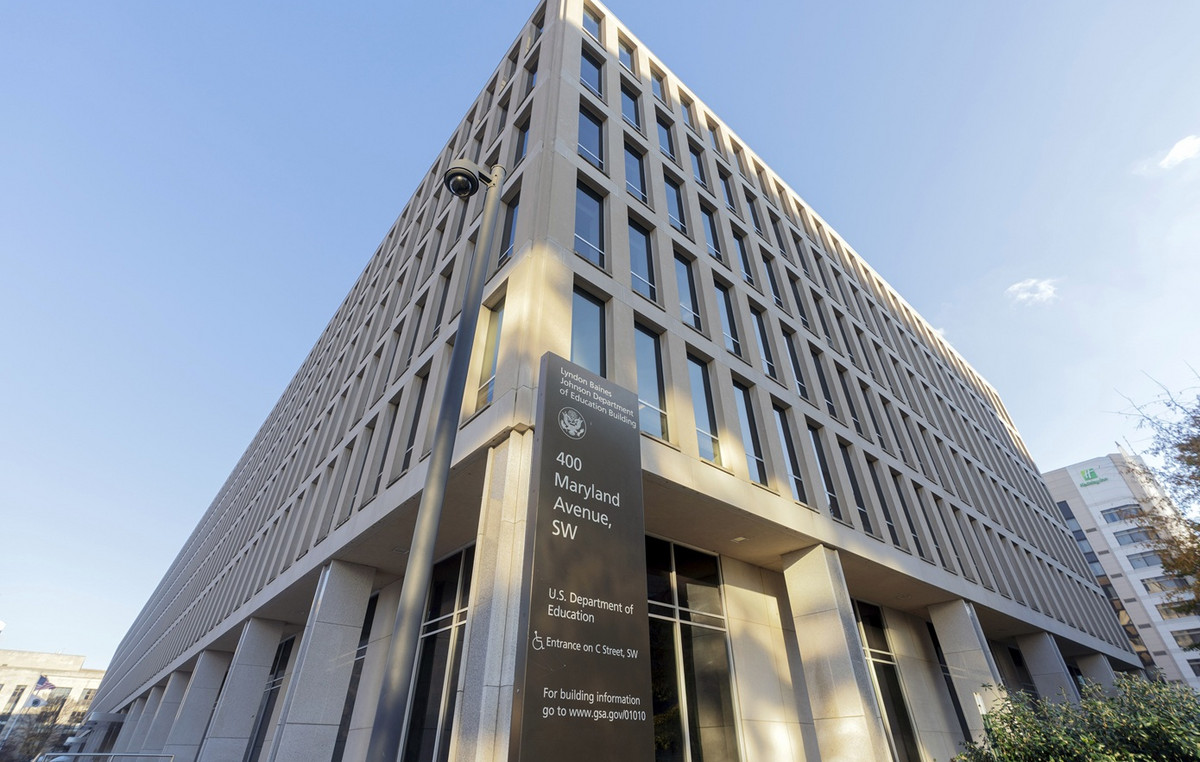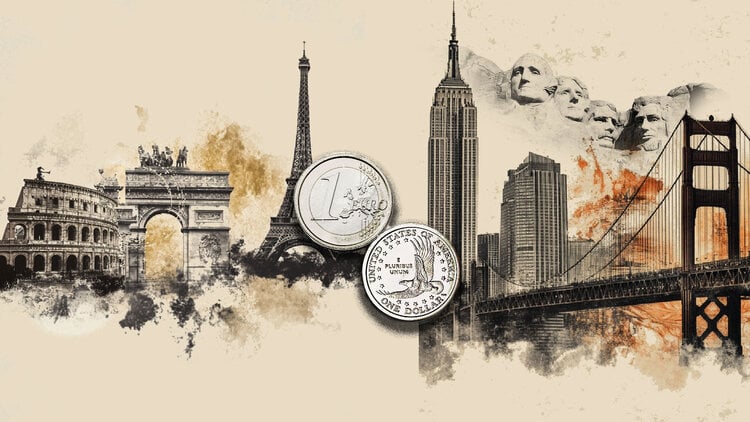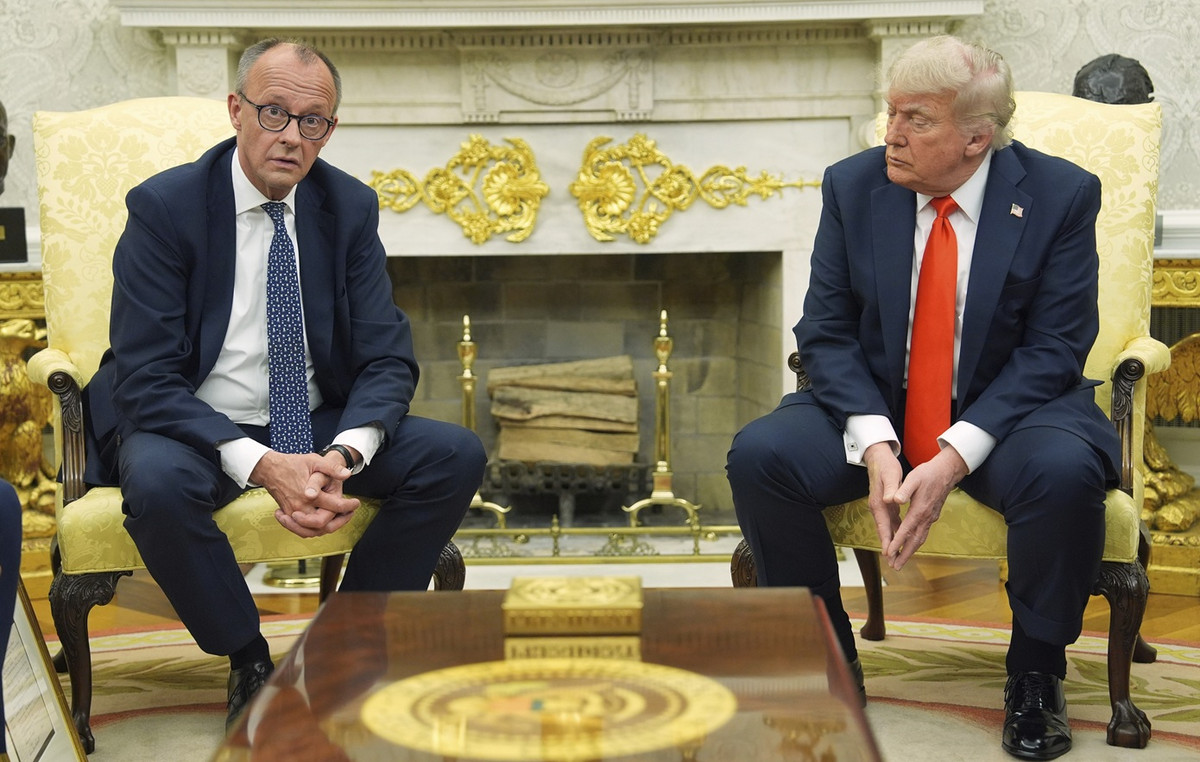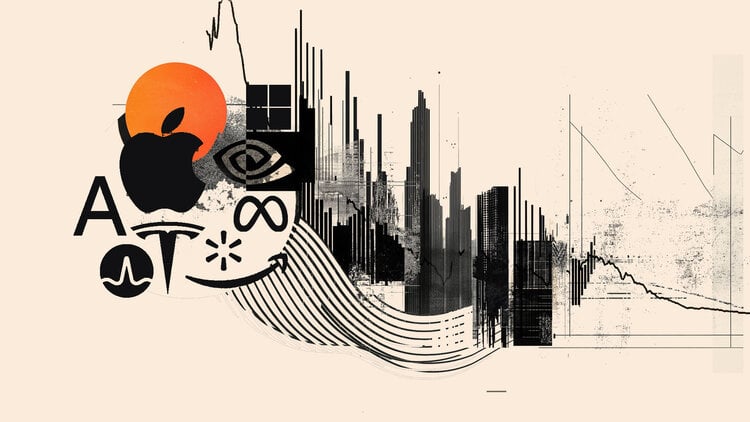LAST UPDATE: 09:12
Bulgarian voters have, as expected, renewed their confidence in their president, Rumen Radev, who has become a symbol of the anti-corruption movement in Bulgaria, the European Union’s poorest country.
Rumen Radev, 58, a former fighter pilot and former military chief, received 63% -65% of the vote, according to exit polls from three polling institutes.
His opponent Anastas Gertzikov, who had the backing of former Prime Minister Boyko Borisov’s conservative Gerb party, won 31% -33% of the vote.
The vote, the fourth in a year, took place amid the deadly wave of the Covid-19 pandemic. Less than 25% of the 6.9 million people are fully vaccinated, mortality is among the highest in the world and the health system is faltering.
“President of change”
In Bulgaria, political power is exercised by the government and the president has a ritual role.
However, Rumen Radev, in the presidency since 2017, gave the post another weight and was imposed over the years as an undisputed personality of the political game.
His re-election is good news for the new anti-corruption party “Let’s Continue Change”, winner of last Sunday’s parliamentary elections.
“The election of a president will affect any development in Bulgaria,” warned Kirill Petkov, the prime minister-designate and co-founder of the Let’s Continue Change party, who had called on voters in recent days to vote for “the one who started the change.”
In the summer of 2020, Rumen Radev clearly sided with the protesters demanding the resignation of Boyko Borisov.
Then, after the April 4 elections, which also marked the fall of Boyko Borisov, but ended in a political stalemate, Rumen Radev was back in the spotlight.
He elected new members of the caretaker government, which gained much popularity when it brought to light the corrupt practices of the Borisov period.
Apathy
Two ministers of this government are the winners of the parliamentary elections.
Kirill Petkov and Assen Vasilev began consultations this week on the country’s exit from the political crisis, the biggest since the fall of the communist regime.
In the capital, Sofia, voters expressed a desire for a “new beginning”.
“Everything is going wrong. I want change for my children, my grandchildren and my old students,” said a retired teacher, Dobrinka Nakova, who took to the streets last year.
But most Bulgarians were not so enthusiastic after this year’s three elections: according to the Electoral Commission, turnout was 24% at 16.00.
The “infusion” from the ten-year period Borisov
Rumen Radev is praised for his role in marginalizing Boyko Borisov after a decade in power. However, his political opponents criticize him for exceeding his position. His opponent Anastas Gertzhikov accused him of dividing, instead of uniting the country.
Gertzhikov, rector of Sofia University, also attacked Rumen Radev, accusing him of alleged pro-Russian sympathies, earning him the nickname “Red General”.
But, according to political analysts, during his presidency Radev softened his stance “and is no longer considered a man of Moscow.”
“The classic dividing lines in Bulgaria – East-West, left-right – have been overcome by a new common axis that has dominated all the electoral contests this year: the bloating after the ten-year Borisov period,” Antoni Todoro summed up. scientist of the New Bulgarian University.
SOURCE:
.
Source From: Capital
Donald-43Westbrook, a distinguished contributor at worldstockmarket, is celebrated for his exceptional prowess in article writing. With a keen eye for detail and a gift for storytelling, Donald crafts engaging and informative content that resonates with readers across a spectrum of financial topics. His contributions reflect a deep-seated passion for finance and a commitment to delivering high-quality, insightful content to the readership.







